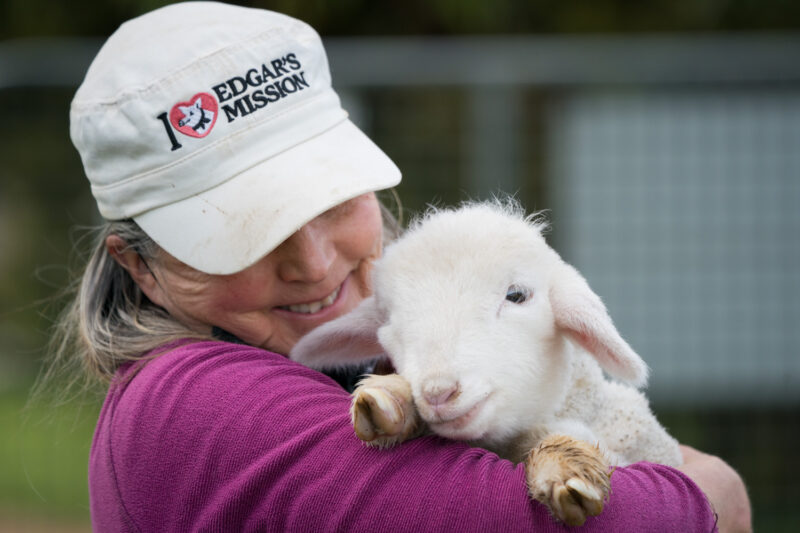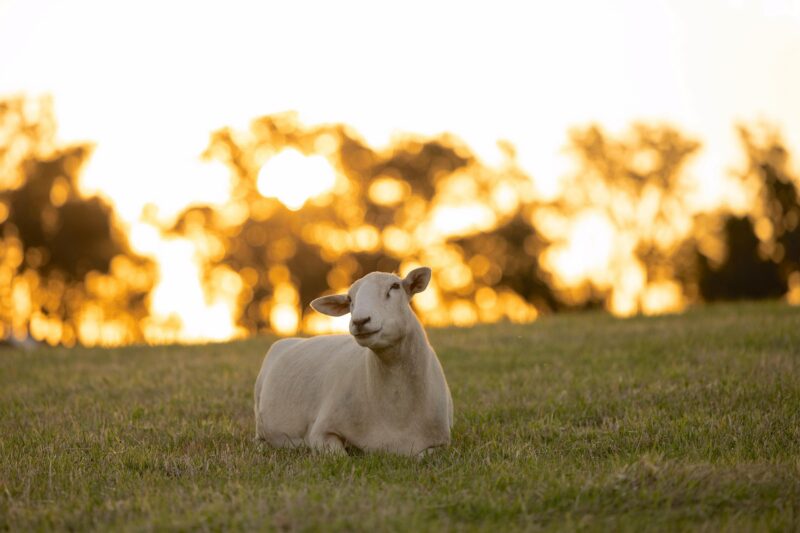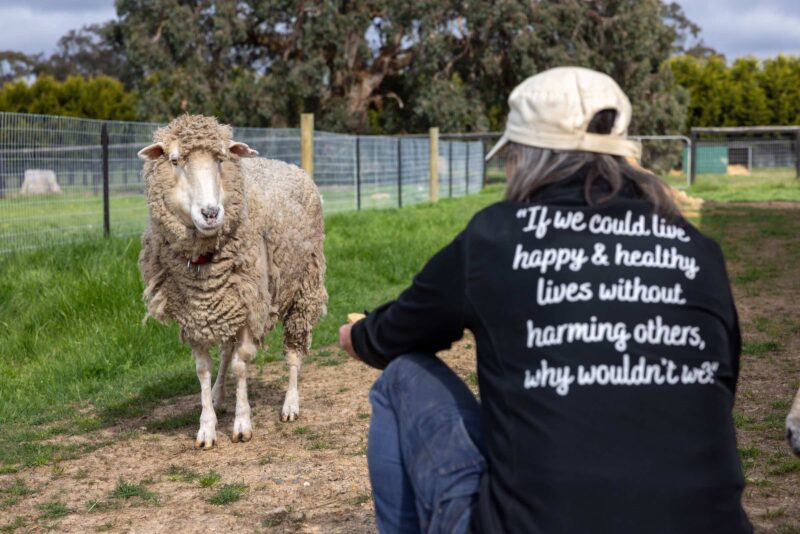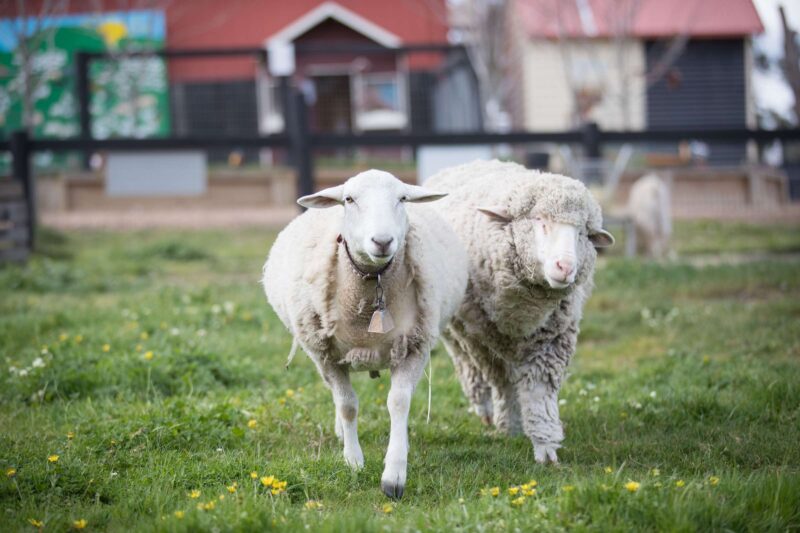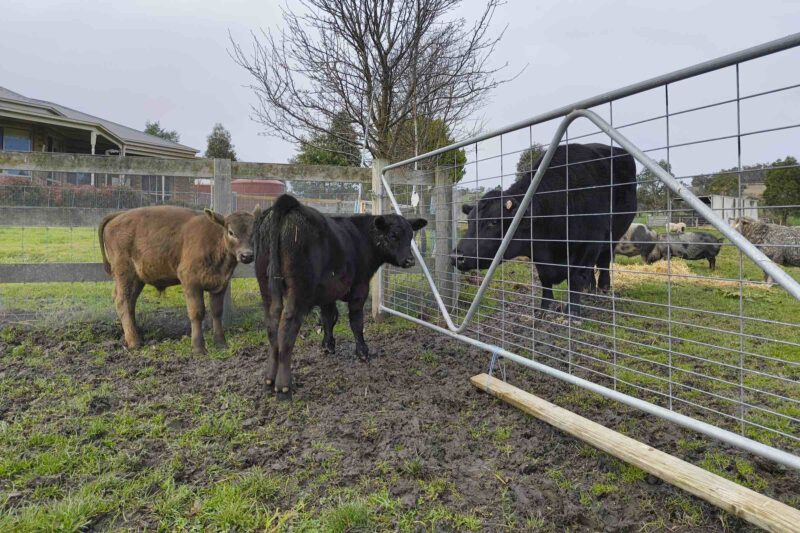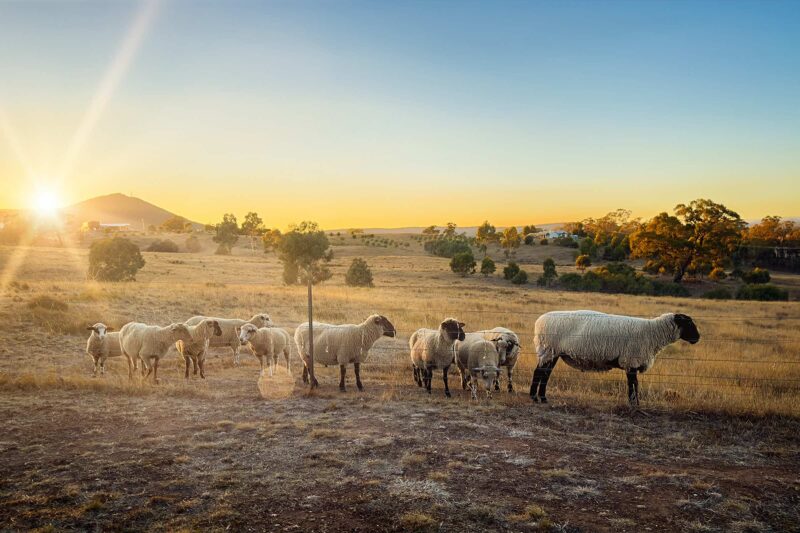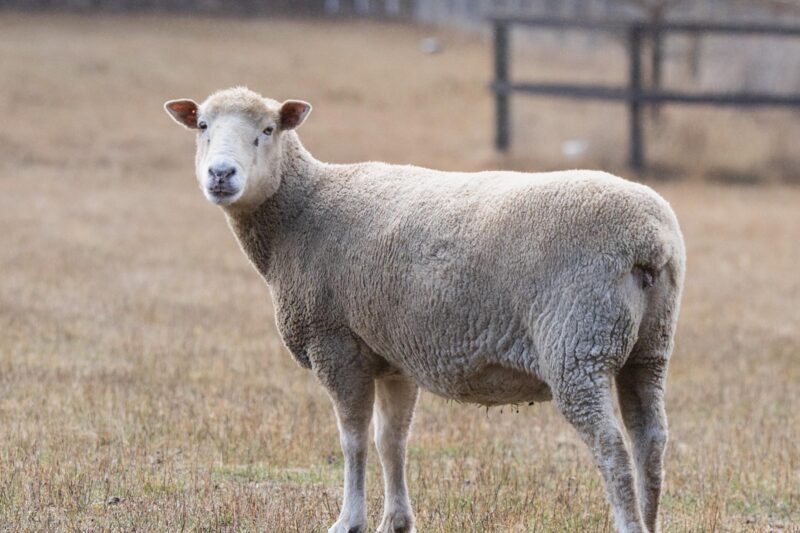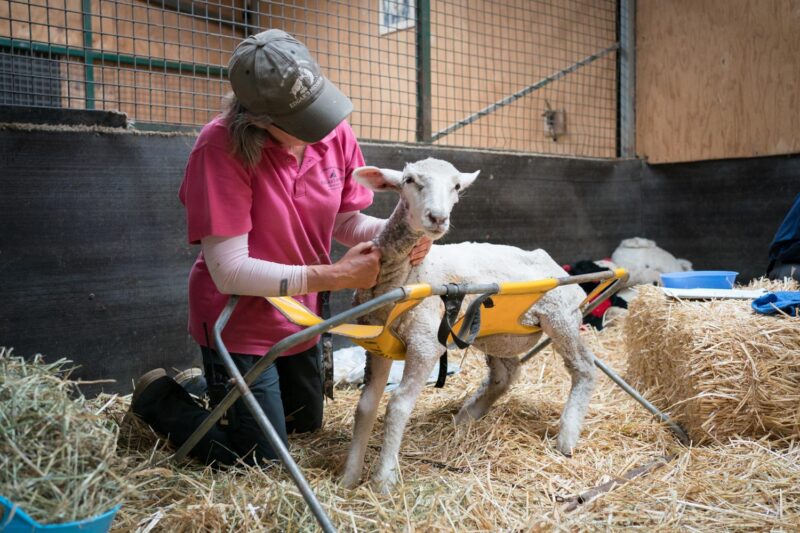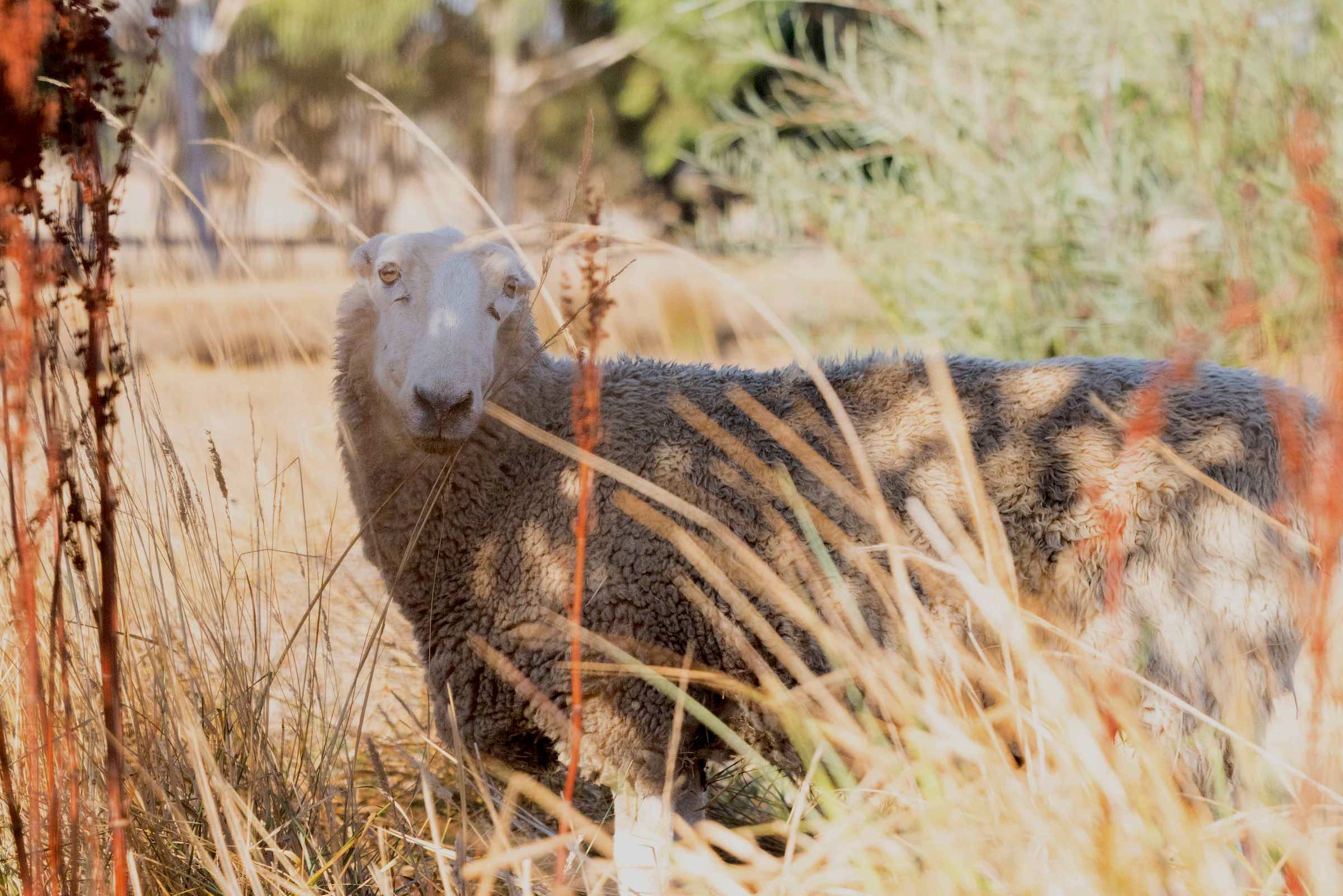
The Stories We Tell Ourselves
As a wee child, my world encompassed the vast expanse that was set by the boundaries of my family’s small suburban backyard—the McGregors’ rickety wooden fence to the east, the no-go zone of the cat-hating elderly couple to the west and an old wood yard to the north. Yet within that space, my vastness of wonder was limitless. It was a world where Laddie, our goofy, loveable black Labrador, was my constant companion. And where bees, with their delicate wings and tireless buzzing, held me in quiet fascination.
A fascination that I still hold to this day.
I would watch them for hours, these tiny beings so intent on their purpose, inspired my own. Sometimes, I would offer my hand, cupping a weary bee in the chubby palm of childhood curiosity. I would feel the softness of their tiny honey-filled bodies, the whisper of their wings against my skin before they took their leave and flew away.
Carrying with them a piece of my heart.
But one day, an adult voice sharply punctuated this communion. “Don’t touch them! They’ll sting you!” they protectively cried. But it was the final words of the lesson that saw me catch my breath and close my hand: “If they sting you, they die.” Horror ripped through me as fear settled in. And forevermore, I stepped away from the bees, from that connection, though never from my quiet reverence for them.
Rewriting That Shape Us
Years on, that moment in childhood taught me how easily a simple belief—whether born from truth or fear or self-interest—can shape the way we see the world. How a single phrase, repeated often enough, doesn’t just shape our beliefs—it becomes our truth. How fear can replace love if we let it. How irrationality can replace compassion if we are no longer curious.
And as I grew older, I began to recognise how many of the beliefs we hold about animals, “others” and the world are shaped by the stories we inherit. Stories rarely questioned, yet profoundly influential.
The term “farm animal” takes its roots in human convenience and is not a biological classification. It is a human construct, a story we have written to justify the unjustifiable. By telling ourselves that certain animals exist to be used, we create a belief system that permits suffering and any number of atrocities. We turn individuals into commodities. We justify confinement, separation, loss.
We stop questioning. Worse still, we stop feeling.
But the great hallmark of an advanced species is not its ability to build cities or send rockets into space. It is its ability to reassess old, inherited beliefs. To rewrite the stories that no longer align with our values.
Rewriting the Narrative
We must be brave enough to question the stories we have been told and the ones we tell ourselves. Where did they come from? Who benefits from them? What myths do they perpetuate? Who suffers? What truths and injustices are hidden beneath the surface of these long-held assumptions?
It is not always easy. Sometimes, pushing past our initial emotions—discomfort, guilt, fear—is painful. But if we fail to listen, if we refuse to question, we remain trapped in false narratives and inaccuracies, and we do not become the best versions of ourselves.
As natural storytellers, we humans often fill the gaps in our knowledge with assumption rather than curiosity. But what if we did the opposite? What if we opened those spaces to wonder, to compassion—not just for others, but for ourselves? What if we chose understanding over assumption, love over indifference, courage over convenience?
Sifting fact from fiction is a skill, one that can take time and effort. But it is worth it. For in doing so, we become not only wiser and more tolerant, but also more in tune with the truth of who we are and the world we wish to create.
Leo Tolstoy once wrote, “Everyone thinks of changing the world, but no one thinks of changing himself.”
Perhaps this is where we should begin.
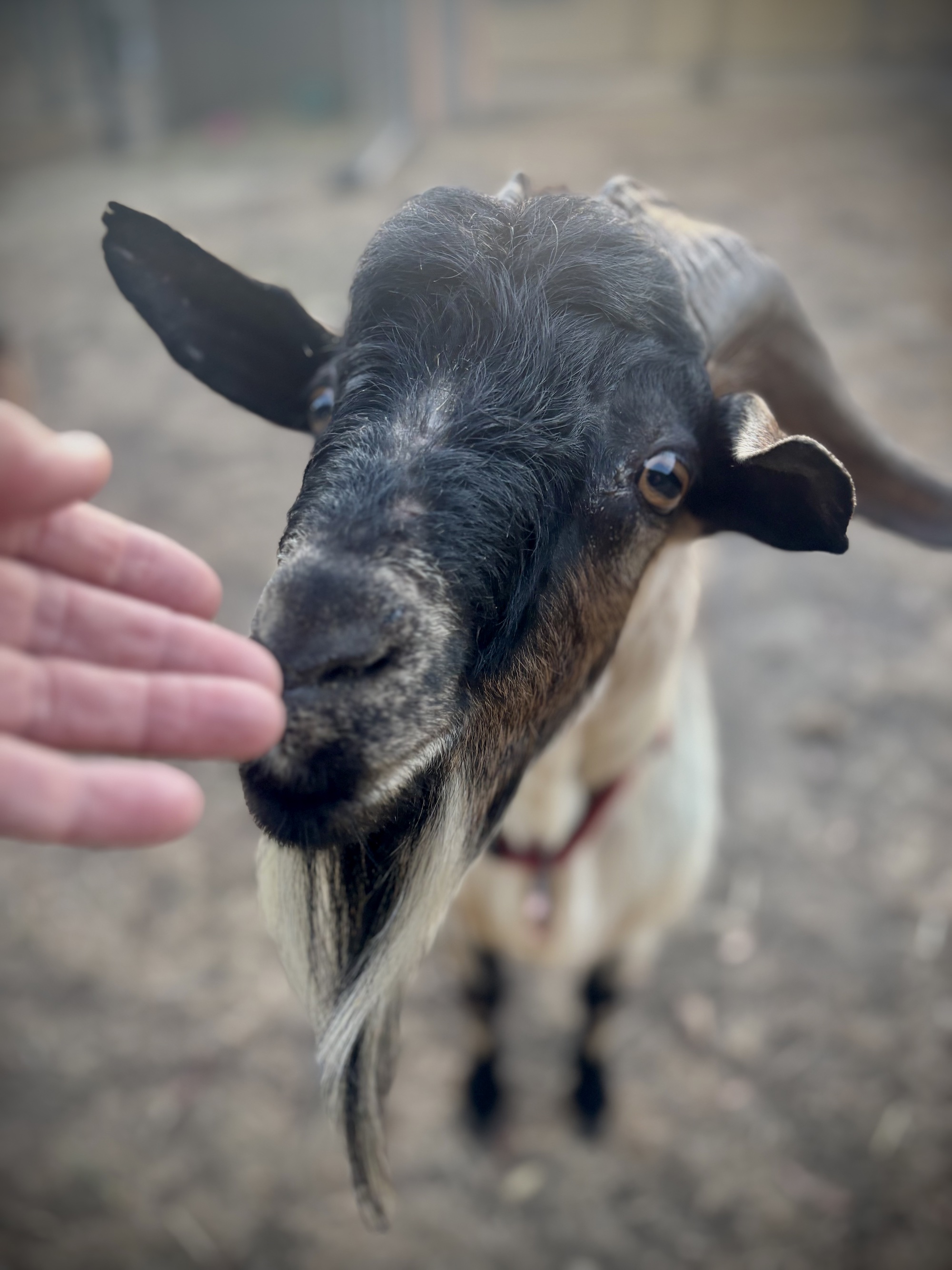
A new story of compassion
It is time to tell new stories—stories of kindness, of respect, of a world where animals are seen not as commodities, but as individuals with their own experiences, desires and right to live free from harm. It is time to become the storytellers of a kinder way of living.
Thank you for reading. Now, please look to your heart. Do you see the pen? The story is yours to write. What will you choose to tell?


